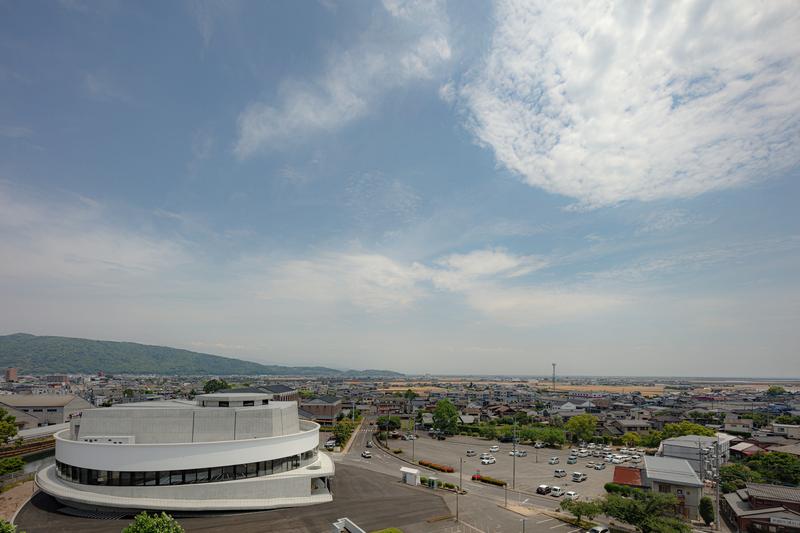
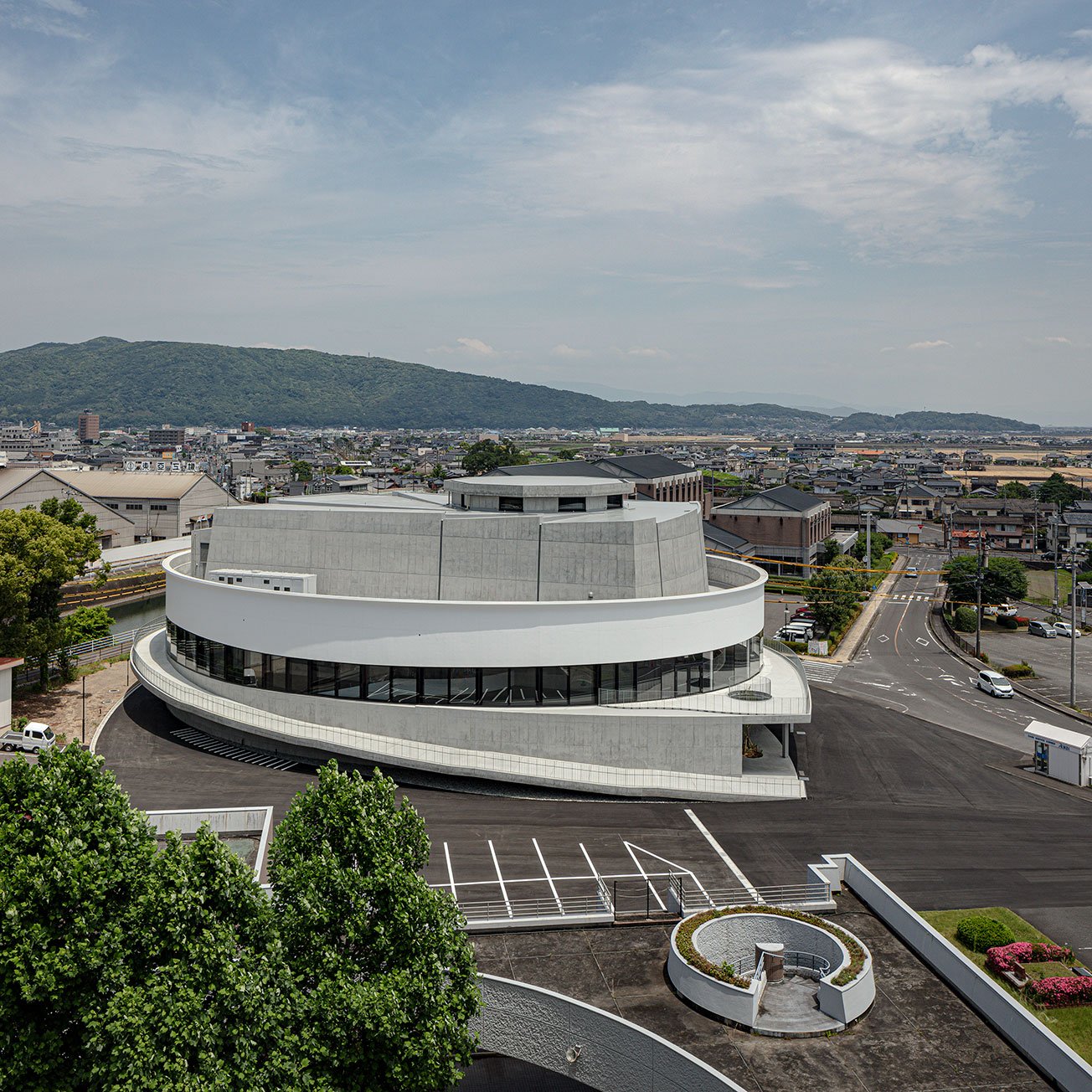
KASHIMA CIVIC CULTURE HALL
KASHIMA CIVIC CULTURE HALL
NASCA Co., Ltd.
Nihonchusha Bldg. 4F 3-15-1 Toyama, Shinjuku-ku
Tokyo JAPAN 162-0052
T 03-5272-4808 F 03-5272-4021
nasca@studio-nasca.com
NASCA Co., Ltd.
Nihonchusha Bldg. 4F 3-15-1 Toyama, Shinjuku-ku
Tokyo JAPAN 162-0052
T 03-5272-4808 F 03-5272-4021
nasca@studio-nasca.com
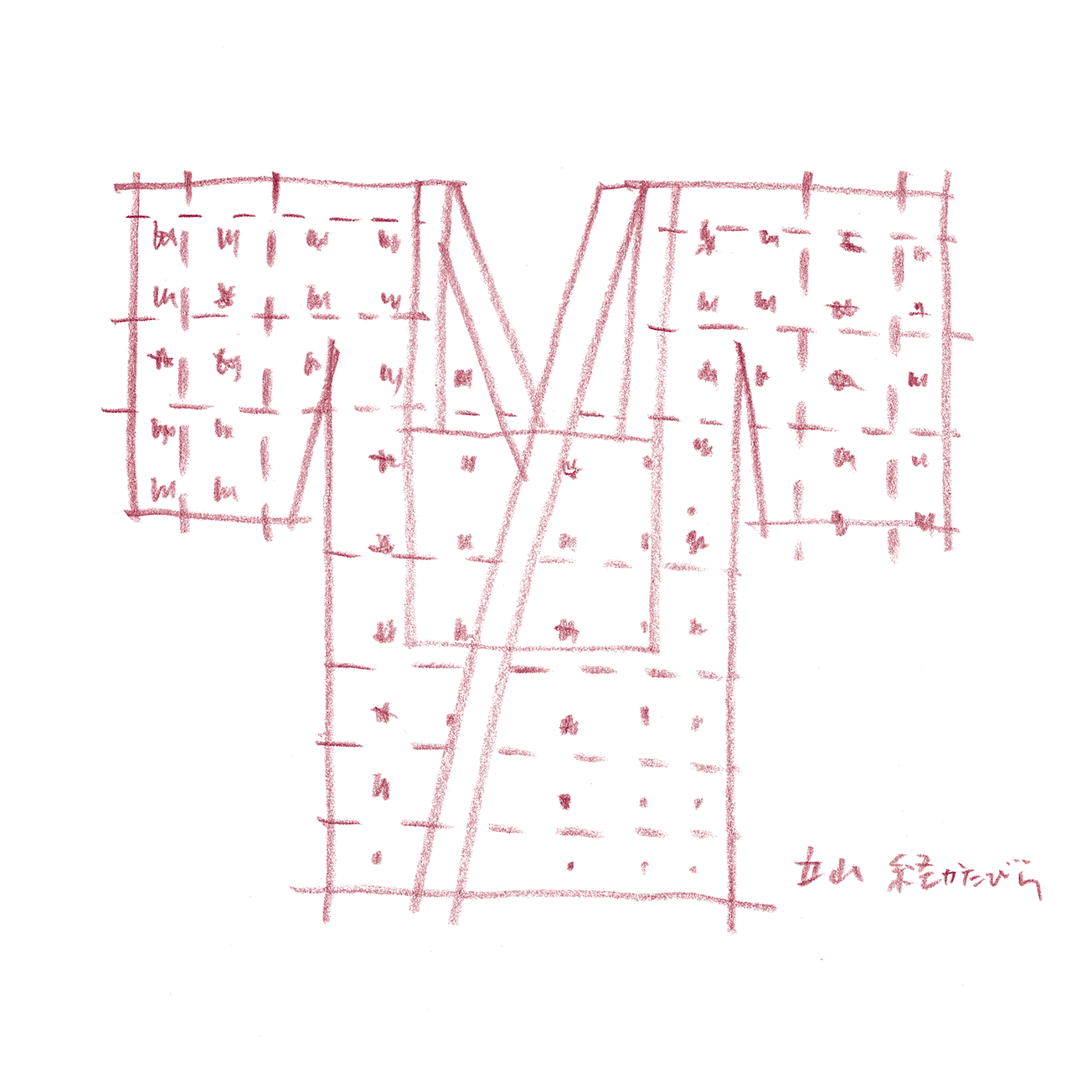
Our naked bodies are covered successively in skin, clothing, furniture or rooms, buildings, exterior spaces, cities or nature, and finally the atmosphere of the earth. On the outer edge of the atmosphere is the ozone layer, which protects organisms from harmful ultraviolet rays. Holes in the ozone layer caused by the release of fluorine gas have become problem in recent years, and in fact that layer constitutes the outermost layer of clothing we wear to protect ourselves from outer space. All the successive layers are filters that function between the human body and the external environment. Each lets in what is necessary and shuts out what is no. With clothing, we can remove coats, loosen collars and roll up sleeves if it is too warm. If it is too cold, we can put on several layers of clothing and wear mufflers to prevent the lowering of our body temperature. We can subtly adjust the degree of permeability of clothing in response to changes in the weather. What then of the houses and other buildings we "wear" on top of our clothing? In the past, regulating devices not unlike clothing were found in various parts of buildings and protected occupants from inclement weather. We used to change shoji in summer and winter, put up mosquito nets, and close shutters at night. As technology has developed, we have come to create interior environments by mechanical means. To improve the effect, we have tended to make windows airtight and to cut off the flow of air between inside and outside. Should architecture today be like a spacesuit, a single layer that permits the wearer to float in outer space?


KASHIMA CIVIC CULTURE HALL
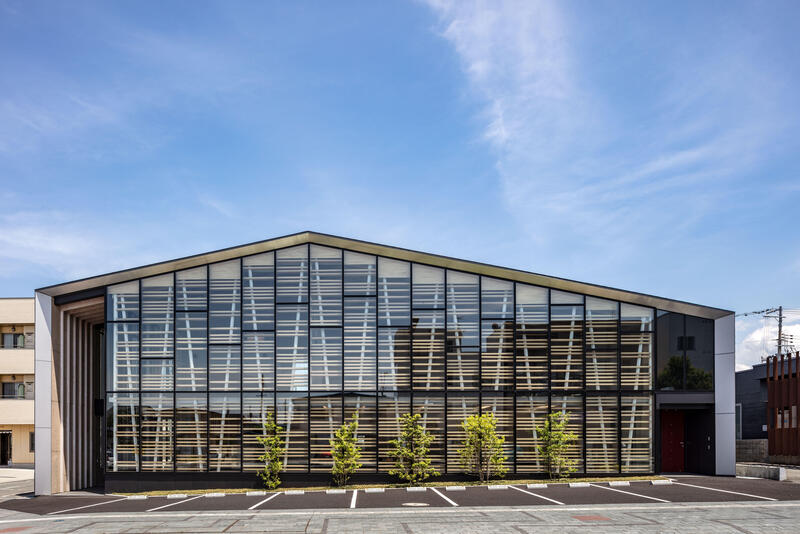
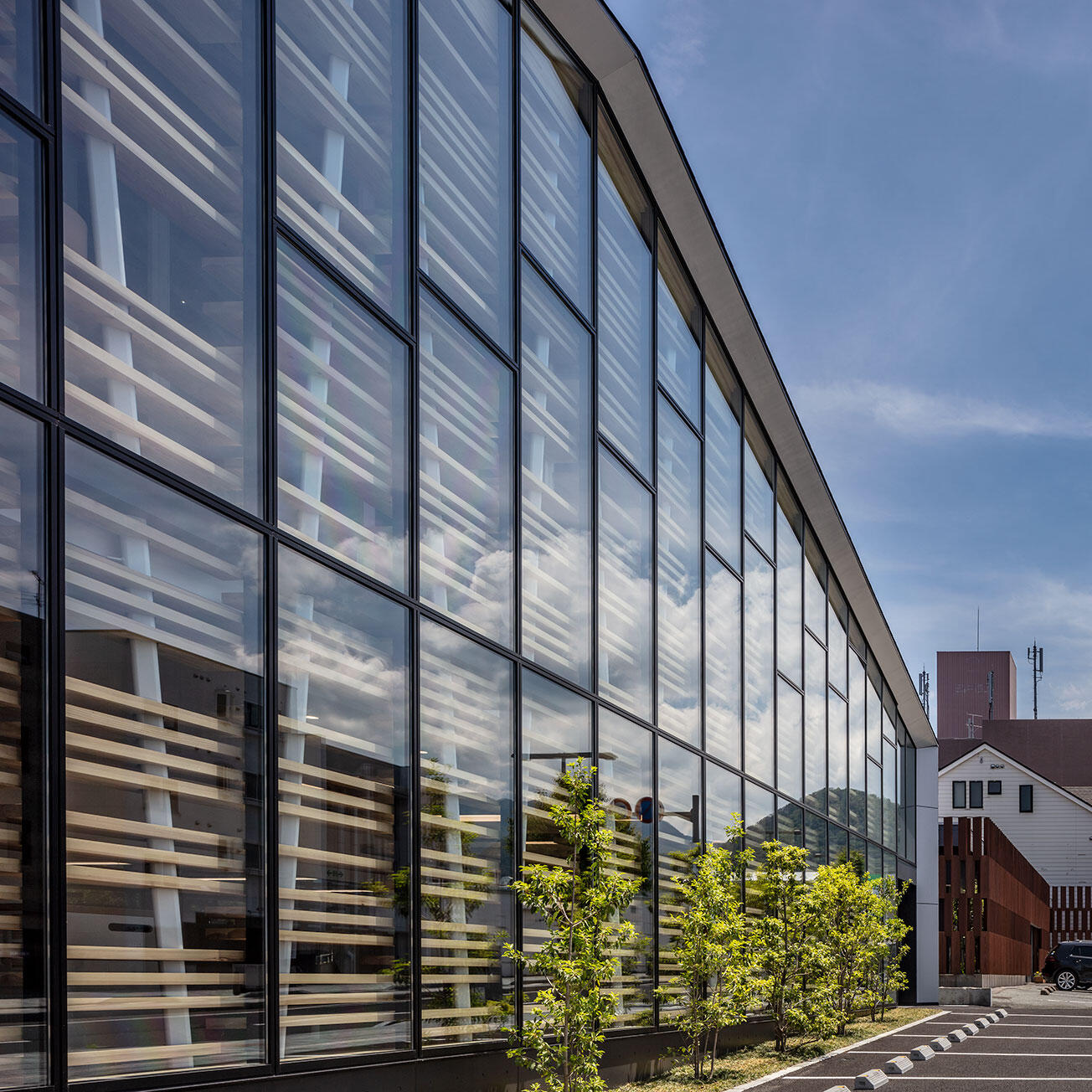
ASAHI Accountant's Office Seminar Branch Building
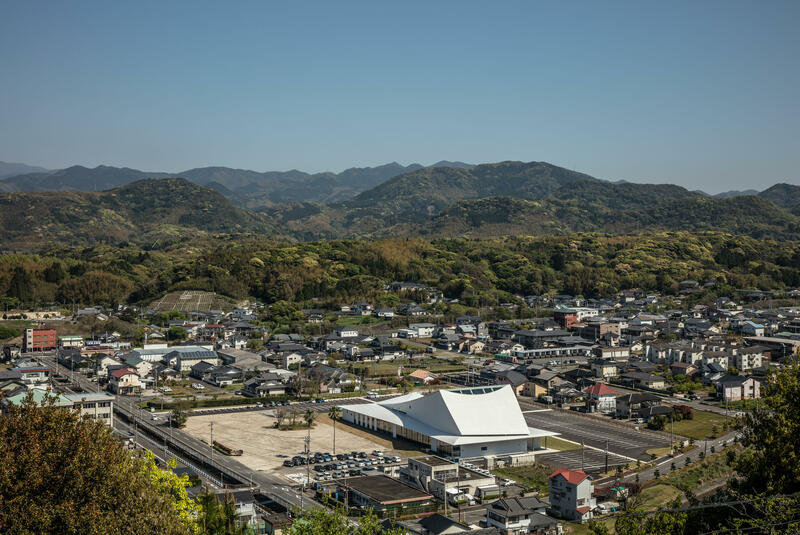
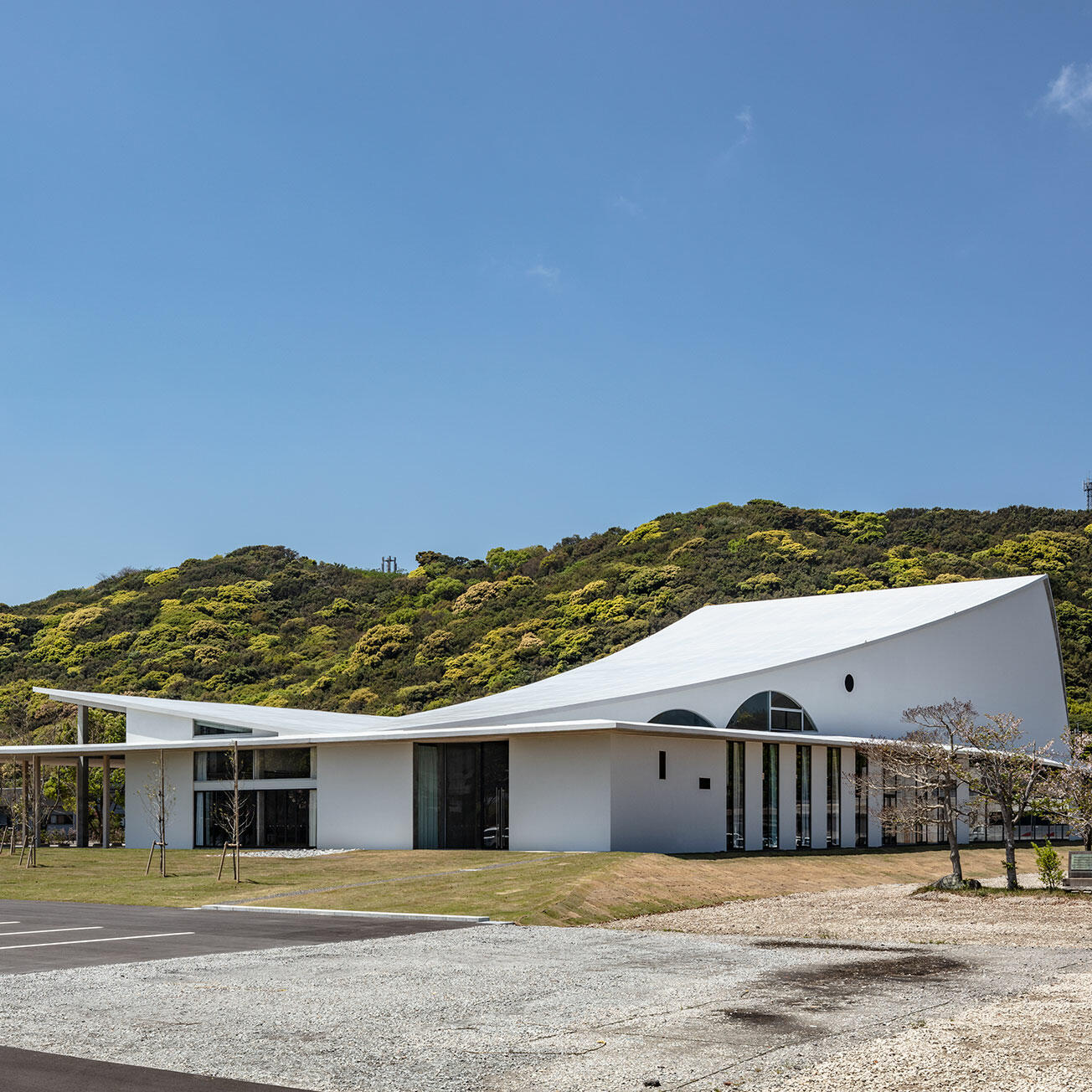
Akune Community Center - Wind Terrace Akune
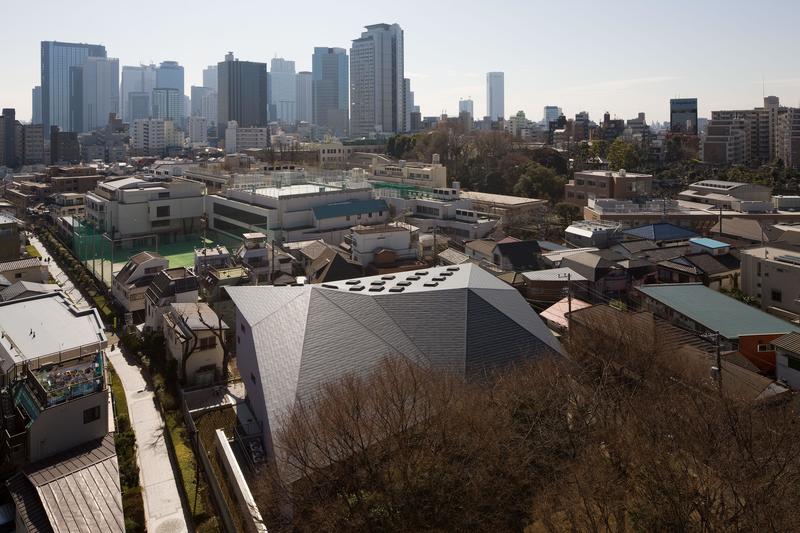
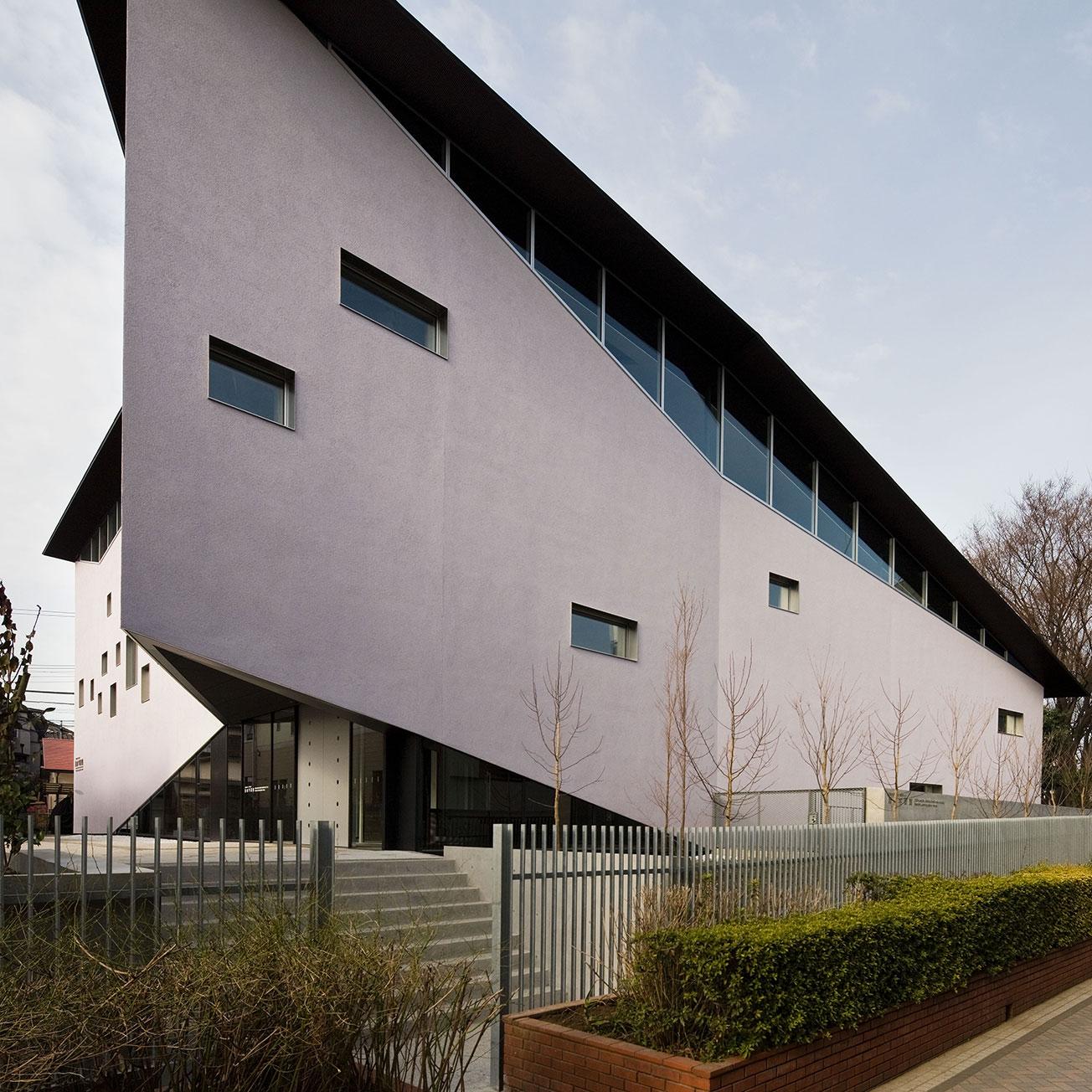
Freedom Learning Manor House, Jissen Gakuen Junior & Senior High School
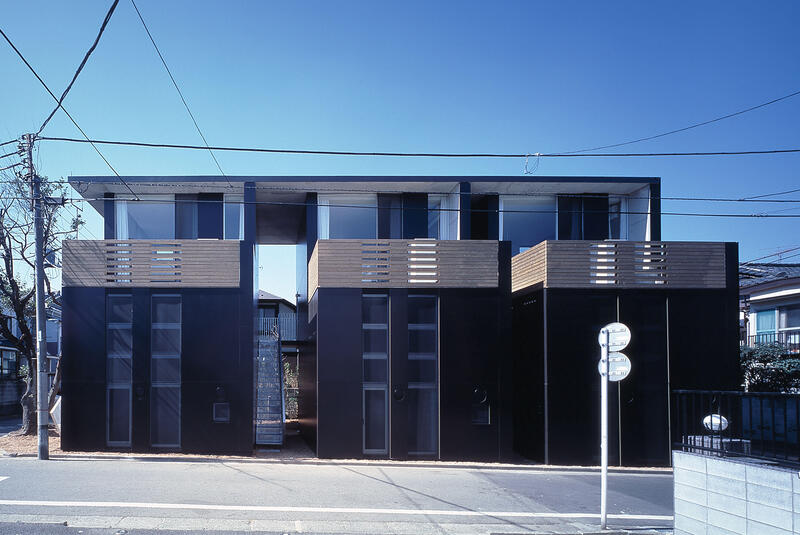
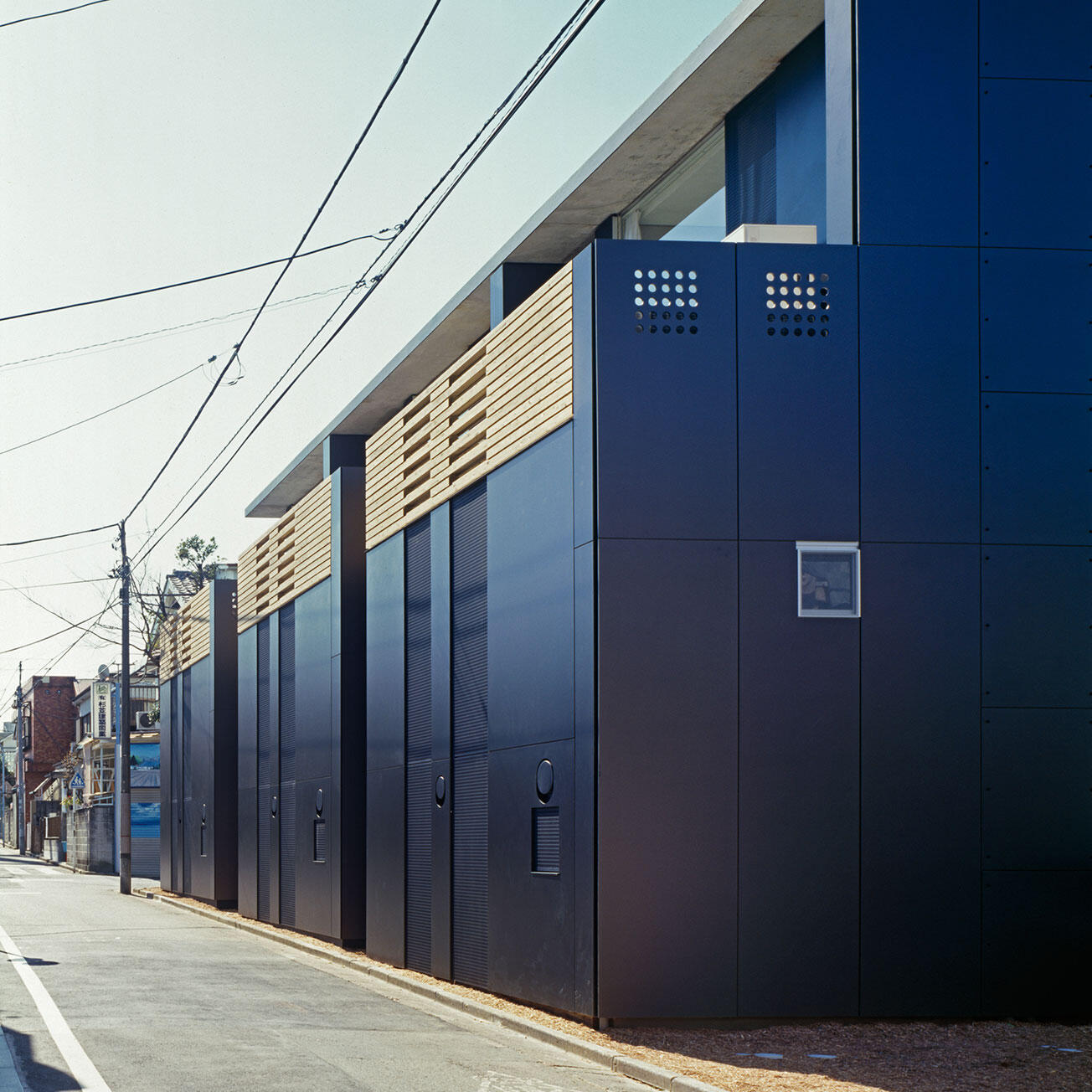
Koenji-South Apartments
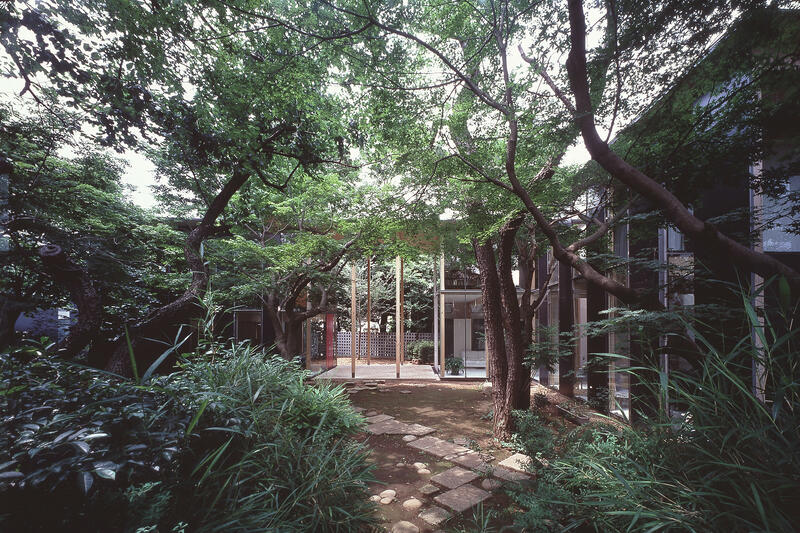
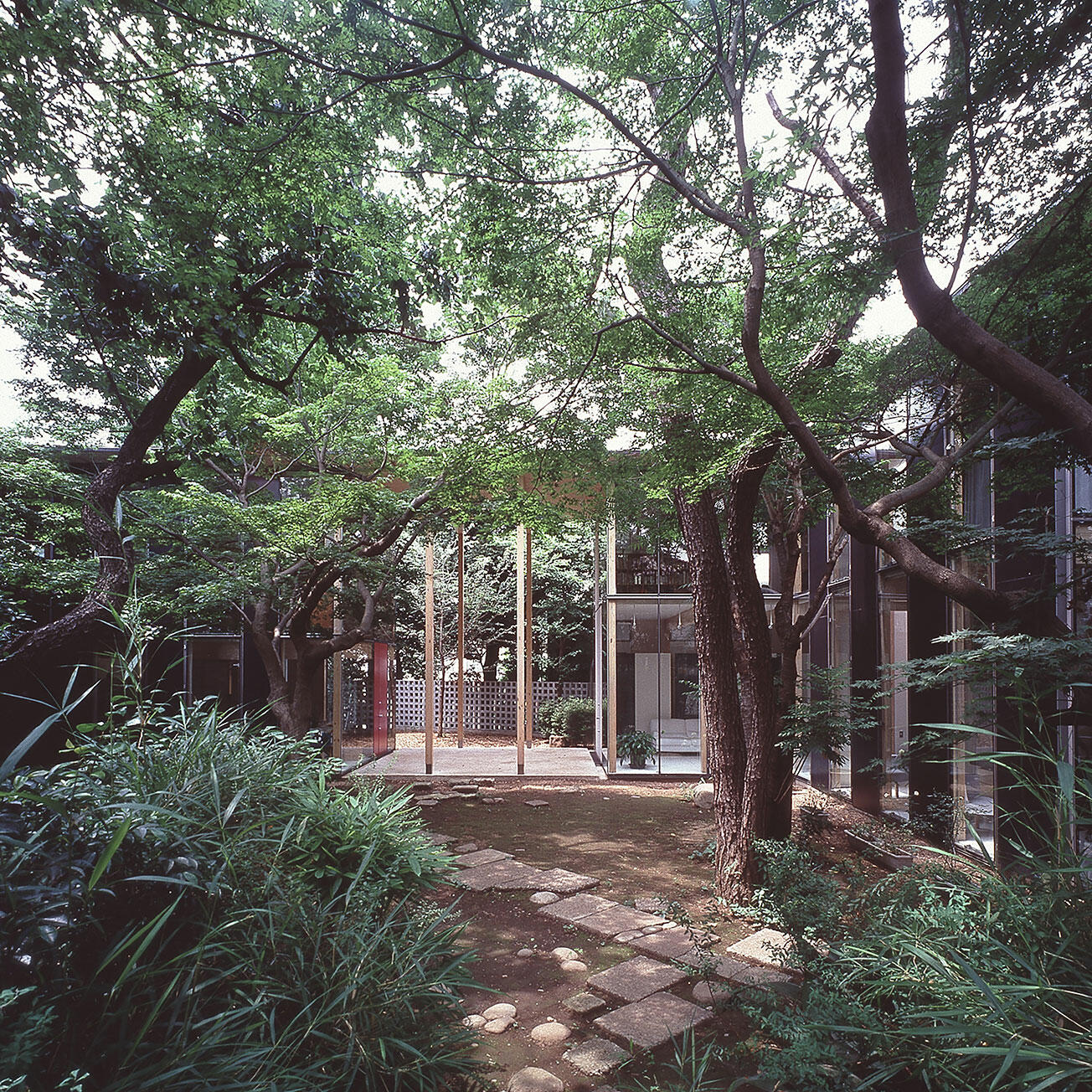
ZIG HOUSE/ZAG HOUSE
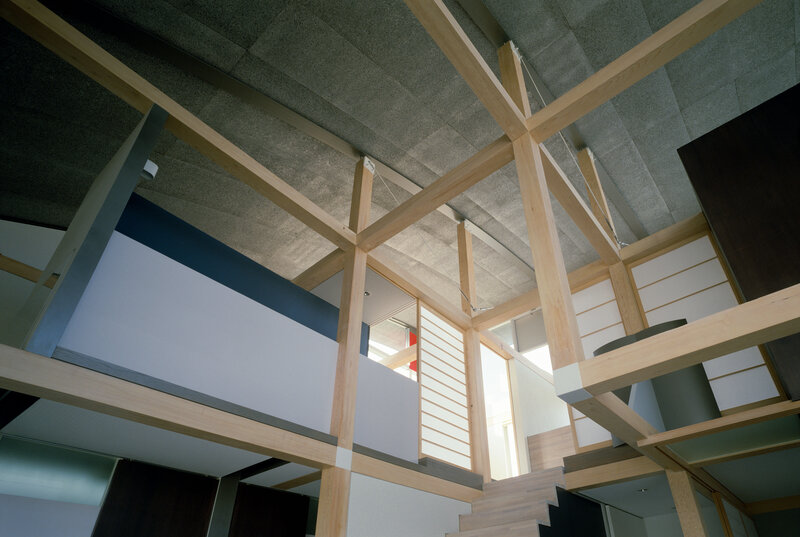
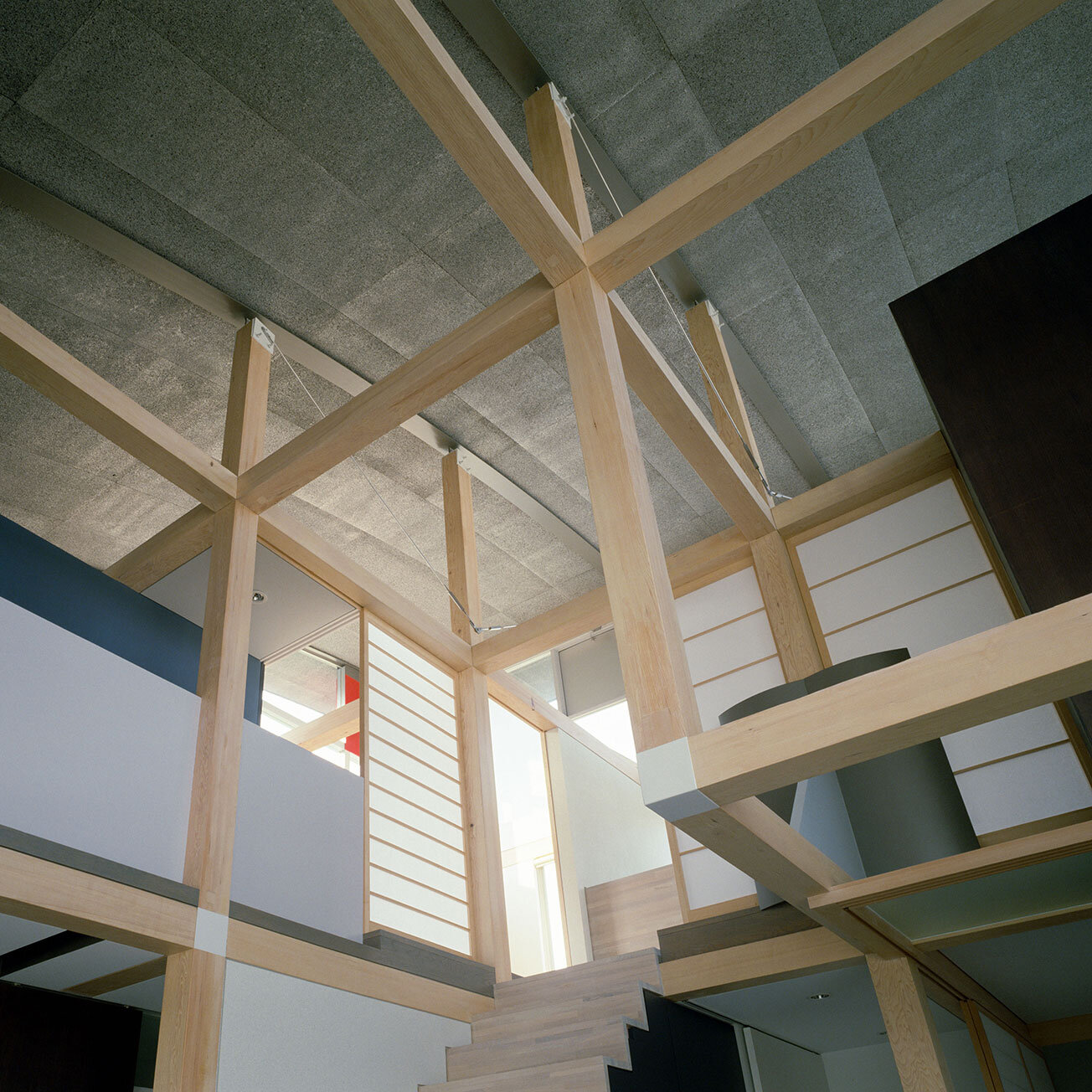
House at Kogajo